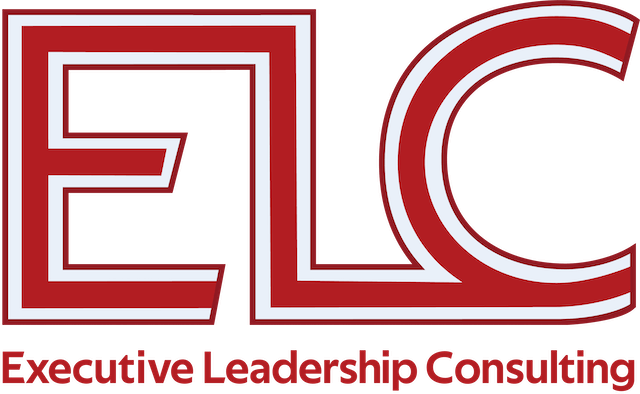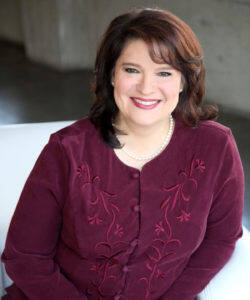Most leaders want teams who are self-directed, responsible, and accountable. Throughout our time working with multiple organizations, we have noticed that a team’s or individual’s level of engagement and performance boils down to one fundamental factor: personal responsibility.
When looking at the personal responsibility of an individual, we can divide it into two opposing outlooks: “Other-Directed” and “Self-Directed.” It is crucial to understand the difference when building a highly productive team.
Other-Directed people believe they have no control over their own lives and instead are controlled by people in authority. On the other hand, the Self-Directed person sees the locus of control as internal. The basic underlying belief of the Other-Directed person is “I have to…” whereas for the Self-Directed person, the belief is “I choose to.”

The central difference between Other-Directed and Self-Directed team members is that self-directed people always believe that they have a choice. It all comes down to mindset.
What’s the Impact of Being Other-Directed?
For Other-Directed people, the locus of control is external to themselves.
Even though the Other-Directed person may complete a task, they can sometimes do it grudgingly, and only well enough to avoid trouble.
The belief of “I have to…” leads to thoughts of either complying or rebelling, leading to an attitude of: “I am not responsible.” They sometimes behave like victims, feeling sorry for themselves and complaining to friends and co-workers about the boss, or they plot revenge. Other times, they might do both. In either instance, their intention is to undermine what you, as a leader, want to accomplish.
Other-Directed people can potentially slow down on their work output, sabotage projects, call in sick when they are perfectly well, or even resort to theft. Not only are the not accountable, but they are often not engaged either, leading to mediocre or lower performance.
What’s the Impact of Being Self-Directed?
When someone is Self-Directed, their focus of control is internal. They know they are in control of their lives believe they have a choice.
They accept the consequences of their actions because they feel ownership of them. If Self-Directed team members agree to do a job and do not do it to expected standards, they will accept the consequences for not having given their best. If they disagree with the task, and there are negative consequences for doing so, they will accept these consequences, too.
Since Self-Directed people take responsibility, they are likely to disagree only when they believe that what they are being asked to do is unreasonable or is the wrong thing to do.
How Leaders Can Develop Accountability
Did you know that your leadership can foster either of these mindsets?
Authoritarian Leadership creates Other-Directed employees, whereas Trust-Based Workplaces are a magnet for S1elf-Directed employees.
Authoritarian behavior does not result in accountable, proactive employees. If you seek to control Self-Directed people, they will either give up and become Other-Directed, or they will leave. If they give up, they will either comply with your demands and lose their spirit, or they will rebel (and sometimes recruit others to rebel with them). Either way, for all intents and purposes, you’ve lost them.
The kinds of people who make organizations great – those who come to work ready to think, share ideas, make decisions, and take responsibility – thrive in a trust-based environment.
Proactive, high performers constantly find new and better ways of doing their work. As a result, your organization becomes more efficient, more productive, and ultimately more profitable.
If you are ready to determine what kind of trust you have in your team, contact us about our Trust Inside™ assessments.





